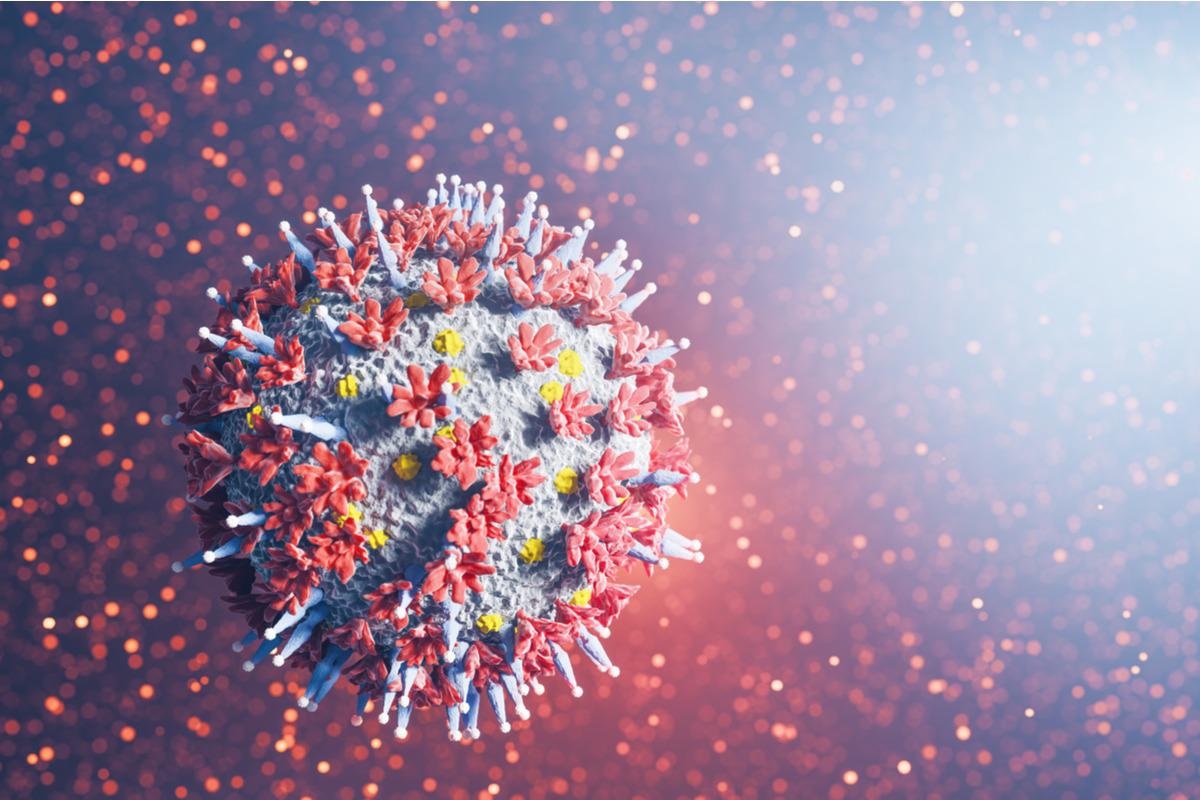In a recent study posted to the medRxiv* preprint server, researchers evaluated the neutralizing antibody (nAb) titers and anti-receptor-binding domain (RBD) immunoglobulin G (IgG) titers in sera of kidney transplant recipients who were vaccinated against coronavirus disease 2019 (COVID-19) and treated with 300 mg dosage of Evusheld™. Evusheld™ is a combination of two human monoclonal antibodies (mAbs), tixagevimab and cilgavimab, targeting the spike (S) protein of severe acute respiratory syndrome coronavirus 2 (SARS-CoV-2), the causative organism of COVID-19.
 Study: Pre-exposure prophylaxis with Evusheld™ elicits limited neutralizing activity against the omicron variant in kidney transplant patients. Image Credit: PHOTOCREO Michal Bednarek/Shutterstock
Study: Pre-exposure prophylaxis with Evusheld™ elicits limited neutralizing activity against the omicron variant in kidney transplant patients. Image Credit: PHOTOCREO Michal Bednarek/Shutterstock

 *Important notice: medRxiv publishes preliminary scientific reports that are not peer-reviewed and, therefore, should not be regarded as conclusive, guide clinical practice/health-related behavior, or treated as established information.
*Important notice: medRxiv publishes preliminary scientific reports that are not peer-reviewed and, therefore, should not be regarded as conclusive, guide clinical practice/health-related behavior, or treated as established information.
Background
Earlier, clinicians used the mAb combination of casirivimab–imdevimab (Ronapreve™) to elicit protective immunity against the SARS-CoV-2 variant of concern (VOC) Delta; however, this mAb combination treatment showed limited efficacy against the new SARS-CoV-2 VOC Omicron, especially its sublineage BA.1.
As of December 2021, the U.S. Food and Drug Administration (FDA) recommended the combination of cilgavimab–tixagevimab (Evusheld™) for kidney transplant recipients with poor response to COVID-19 vaccination. An impaired immune response in vaccinated kidney transplant recipients heightens the risk of severe COVID-19 in these patients.
About the study
In the present study, researchers collected serum samples from 63 kidney transplant recipients over 18 years admitted to the Lyon and Strasbourg university hospitals in France. These recipients had received an intramuscular prophylactic injection of 300 mg Evusheld™ (150 mg tixagevimab and 150 mg cilgavimab).
The positive and negative control groups comprised of 39 patients who received a prophylactic injection of 1200mg Ronapreve™ (600 mg casirivimab + 600 mg imdevimab) and 14 patients who contracted SARS-CoV-2 infection, respectively. The research team excluded kidney transplant recipients with a history of COVID-19 or those testing positive for anti-nucleocapsid (N) IgG antibodies.
The researchers measured neutralizing IgG titers (log IC50) using an in-house pseudovirus (PSV)-based assay, 28 days post-treatment with Evusheld™, and 31-days post Ronapreve™ treatment. They used the non-parametric Kruskal-Wallis test to compare the serum neutralizing IgG titers of the three study groups.
Study findings
On average, after 29 days from prophylactic Evusheld™ injection, the study subjects had low neutralizing activity against Omicron, with nABs targeting Omicron found in only 9.5% of 63 test patients. Contrastingly, 71% [10/14] of SARS-CoV-2-positive patients and 2.6% [1/39] of patients receiving Ronapreve™ (control cohorts) had nAbs against Omicron.
The authors observed anti-RBD IgG titers in the range of 262-7032 BAU/mL) after Evusheld™ injection, largely attributable to the body mass index (BMI) of each patient, which inversely correlated with anti-RBD IgG titers. Overall, anti-RBD IgG titers after Evusheld™ injection showed high interindividual variability.
Further analysis revealed that patients with anti-RBD titers greater than 2500 BAU/mL after Evusheld™ treatment had no neutralizing activity against Omicron. Furthermore, seven patients in the study cohort developed symptomatic COVID-19, and two patients required hospitalization. Notably, all hospitalized patients had zero nAb titers when diagnosed with COVID-19.
Conclusions
Surprisingly, convalescent (unvaccinated) patients displayed higher nAbs against Omicron than those who received Evusheld™. The log IC50 values for convalescent patients versus those who received Evusheld™ were 2.3 log IC50 and zero, respectively. Specifically, less than 10% of kidney transplant recipients receiving Evusheld™ had nAbs against Omicron BA.1 sublineage.
Overall, the study findings support recent FDA recommendations regarding the insufficiency of the 300 mg dosage of Evusheld™, based on the findings of in vitro studies, and the need to increase its dosage for kidney transplant recipients for protection against the Omicron VOC.

 *Important notice: medRxiv publishes preliminary scientific reports that are not peer-reviewed and, therefore, should not be regarded as conclusive, guide clinical practice/health-related behavior, or treated as established information.
*Important notice: medRxiv publishes preliminary scientific reports that are not peer-reviewed and, therefore, should not be regarded as conclusive, guide clinical practice/health-related behavior, or treated as established information.